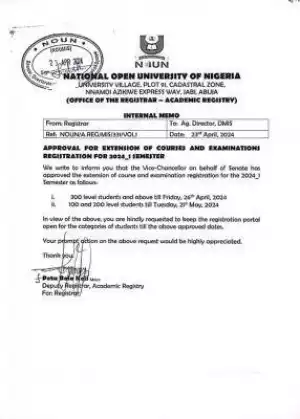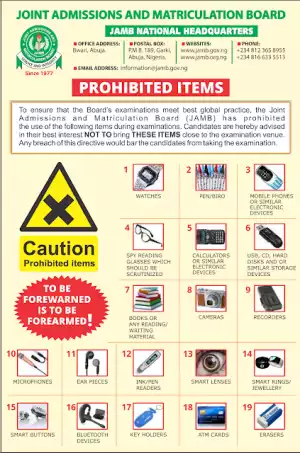21 Common Examination Instructions And Their Meaning

21 Common Examination Instructions And Their Meaning
Here are 21 common examination instructions and their meaning beneath...
Analyse Take apart an idea, concept or statement and examine and
criticise its sub-parts in detail. You have to be methodical and
logical.
Assess Describe a topic’s positive and negative aspects and say
how useful or successful it is, or consider its contribution to
knowledge, events or processes (this is usually about how important
something is).
Criticise Point out a topic’s mistakes or weaknesses as well as its
favourable aspects. Give a balanced answer (this will involve some
analysis first).
Compare (or juxtapose) Put items side by side to see their similarities and
differences – a balanced (objective) answer is required.
Contrast Emphasise the differences between two things.
Define Give the meaning of an idea, either a dictionary definition or
from an academic authority in your subject of study (technical
definition).
Describe Give details of processes, properties, events and so on.
Discuss Describe, explain, give examples, points for and against, then
analyse and evaluate the results.
Evaluate Similar to discuss, but with more emphasis on a
judgement in the conclusion.
Examine Take apart and describe a concept in great detail.
Explain Give detailed reasons for an idea, principle or result,
situation, attitude and so on. You may need to give some analysis
as well.
Illustrate Give concrete examples – including figures or diagrams.
Illustrate is usually added on to another instruction.
Interpret Explain and comment on the subject and make a judgement
(evaluation).
Justify Give reasons to support a statement – it may be a
negative statement, so be careful!
List Provide an itemised series of parts, reasons or qualities,
possibly in a table.
Prove/disprove Provide evidence for or against and demonstrate logical
argument and reasoning – you often have to do this for
abstract or scientific subjects.
Relate Emphasise the links, connections and associations, probably
with some analysis.
Review Analyse and comment briefly, in organised sequences –
sentences, paragraphs or lists – on the main aspects of a
subject.
State Give the relevant points briefly – you don’t need
to make a lengthy discussion or give minor details.
Suggest Give possible reasons – analyse, interpret and evaluate.
(This is also the verb most commonly used to quote another
author.)
Summarise or outline Just give the main points, not the details.
Trace Give a brief description of the logical or chronological stages
of the development of a theory, process, a person’s life and
so on. Often used in historical questions.







![Joker (2024) [Telugu]](https://www.memesng.com/r/storage.waploaded.com/images/7c153f6df7cb2da74b24f4ee89a10a49.jpg?w=50&ulb=true&ssl=1)
![Naughty (2023) [Russian]](https://www.memesng.com/r/storage.waploaded.com/images/8b2c6d4d4a60d1267b6ab0809526b3af.jpg?w=50&ulb=true&ssl=1)
![City Hunter (2024) [Japanese]](https://www.memesng.com/r/storage.waploaded.com/images/570c64bfbc43a71e1f988375f7111dee.jpg?w=50&ulb=true&ssl=1)
![The Doomsday Cult Of Antares De La Luz (2024) [Spanish]](https://www.memesng.com/r/storage.waploaded.com/images/a7ed9fce874a6b3726f9a8f47657f35b.jpg?w=50&ulb=true&ssl=1)
















{{comment.anon_name ?? comment.full_name}}
{{timeAgo(comment.date_added)}}
{{comment.body}}
{{subComment.anon_name ?? subComment.full_name}}
{{timeAgo(subComment.date_added)}}
{{subComment.body}}